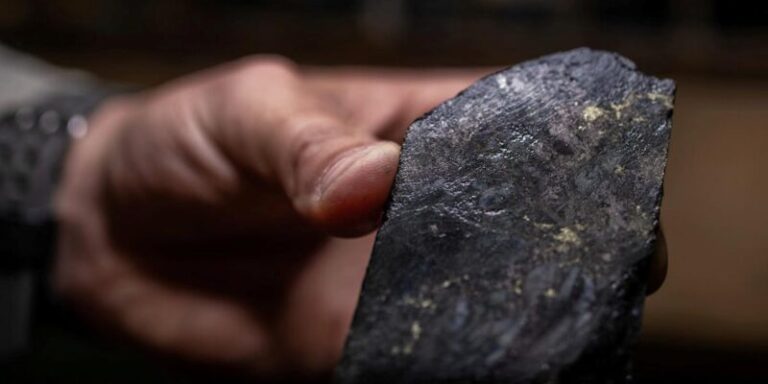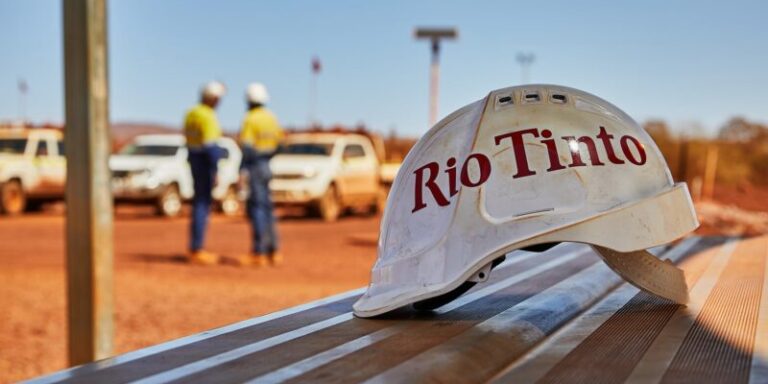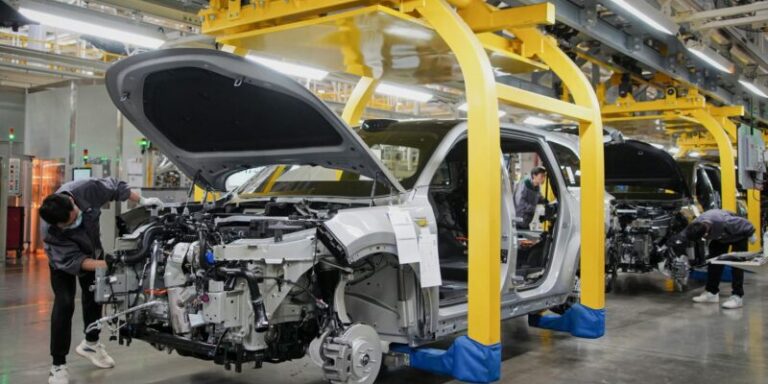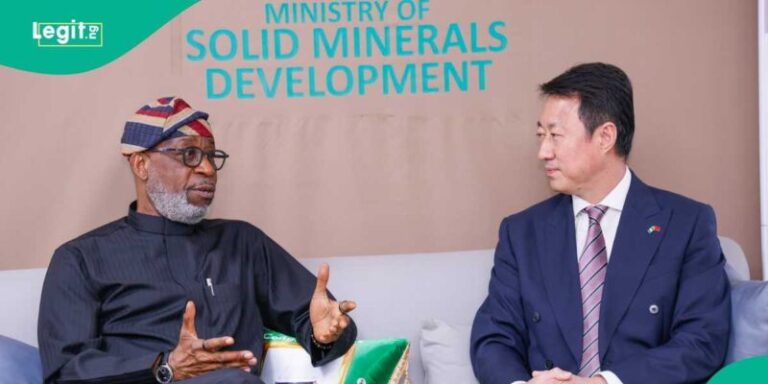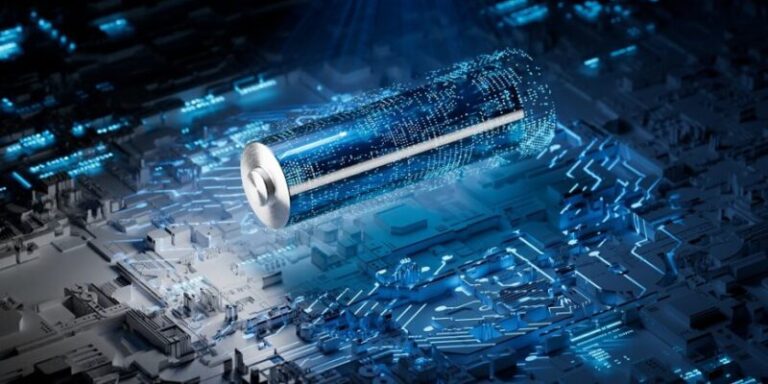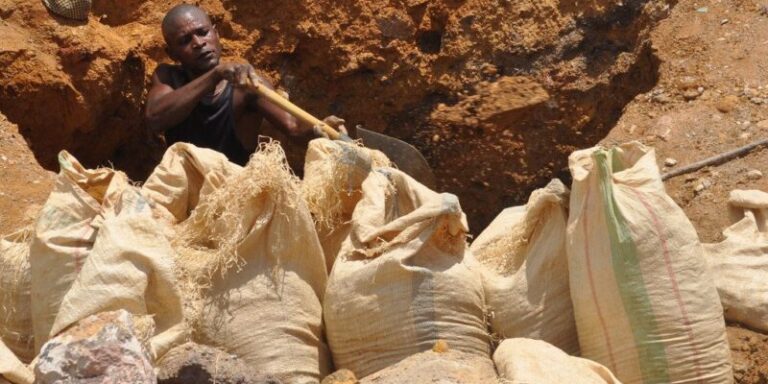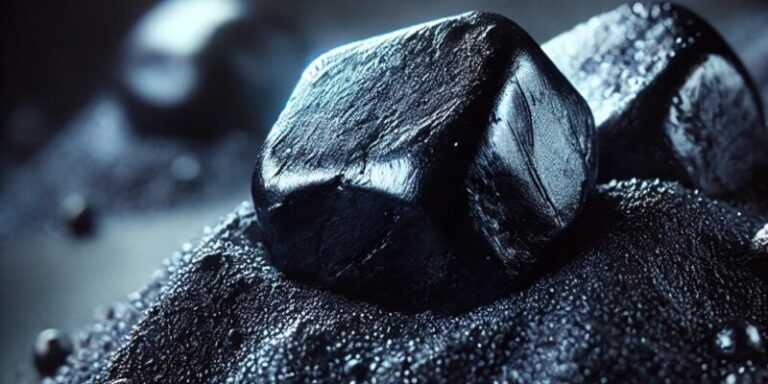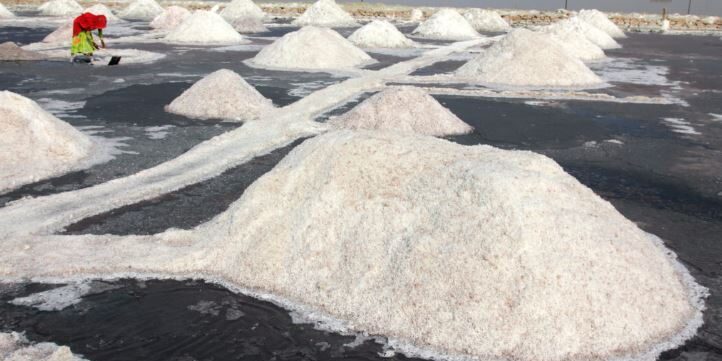
India set royalty rates on Wednesday October 11th for the mining of three critical minerals, including lithium, that are key to its clean energy ambitions.
The royalty rates for lithium extraction by mining companies will be fixed at 3% of prices prevailing on the London Metal Exchange (LME), the government said in a statement.
India has been exploring ways to secure supplies of lithium, a critical raw material used to make electric vehicle batteries, and found its first lithium deposits in February in the federally controlled region of Jammu & Kashmir.
The government also set the royalty for niobium mining at 3% of the average sale price, and for rare earth elements (REEs) at 1% of the average sale price of rare earth oxide. Niobium is also used in making electric vehicle battery cells.
The approval will pave the way for the auction of mining blocks for the three minerals for the first time in the country.
“Critical minerals have become essential for economic development and national security in the country,” the government said.
“Critical minerals such as Lithium and REEs have gained significance in view of India’s commitment towards energy transition and achieving net-zero emission by 2070.”
In June, Reuters reported that India planned to fix the royalty rate for lithium extraction at 3%.
India is expected to auction the newly found lithium blocks, with estimated reserves of 5.9 million tonnes, later this year.
Government sources previously told Reuters that at least a dozen Indian and foreign companies such as Adani Enterprises, Vedanta Ltd, Reliance Industries, Jindal Steel and Power Ltd, Himadri Chemicals and Korea’s LX International are likely to take part in the auction.
Plans to auction India’s lithium reserve comes amid a push by major economies to secure lithium supplies.
The United States, Canada and other countries have established a new partnership aimed at securing the supply of critical minerals, including lithium.


